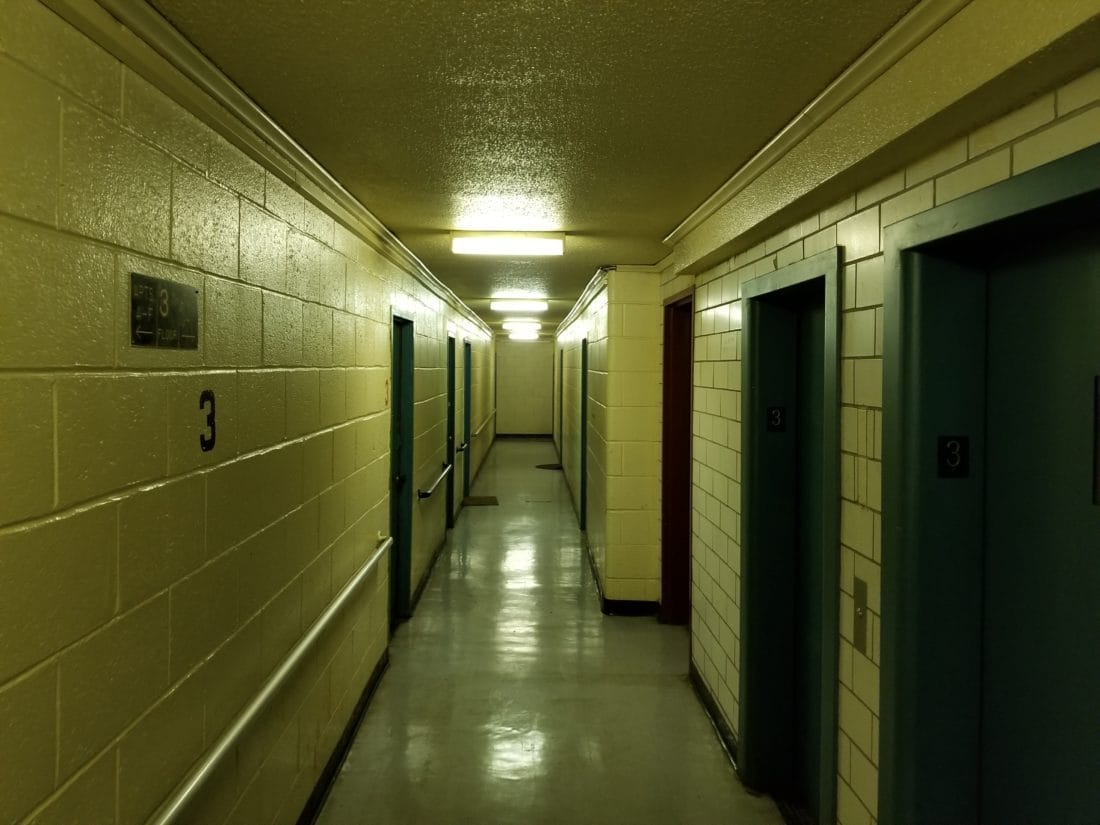What Tenants Need to Know in the Age of Coronavirus


With events canceled and schools closing, Brooklyners will be spending a lot of time in their homes for the foreseeable future. So what can you expect from your landlord if you’re stuck at home with social distancing blues?
A slew of New York City government agencies have released guidelines and statements to help tenants stay informed about their rights during the Coronavirus crisis.
The New York City Department of Health and Mental Hygiene issued a guide of best practices for landlords to maintain a safe and ethical space for their tenants. The guide includes cleaning tips and notes that no special ventilation system is necessary to prevent the spread of the virus, but provides no information beyond the following regarding sick residents.
Landlords are still responsible for handling issues that require entrance to tenants’ apartments, according to the guide, meaning maintenance and repairs should not be unnecessarily delayed.
- Before entering a home, landlords and supers are encouraged to ask if anyone living there has a cough, fever or shortness of breath. They should also ask if anyone in the home has traveled or had contact with a person infected with Coronavirus in the last 14 days. Only if the tenant says yes to both questions can the landlord then postpone the visit for 14 days, if possible.
- If the issue cannot wait, staff can ask at-risk tenants to move to a separate room with the door closed.
- If a landlord refuses to enter a home to address an issue or otherwise harasses a tenant on the basis of Coronavirus fears, the tenant should contact the New York City Commission on Human Rights (CCHR).
- “An illness may qualify as a temporary disability,” said Alicia McCauley, spokesperson for CCHR. “We want to strongly emphasize that it is ILLEGAL for landlords to harass, threaten, or attempt to evict anyone based on a protected class under the NYC Human Rights Law.”
While coronavirus originated in Wuhan, China, any American can contract the virus. Still, Coronavirus panic has led some Americans to get in touch with their latent xenophobia, leading to racist incidents against Asians in New York.
The Mayor’s Office for the Prevention of Hate Crimes (OPHC) and CCHR issued a joint statement on this uptick in anti-Asian sentiment in New York City:
“Hate and discrimination against anyone on the basis of their race, national origin or other status is not tolerated in New York City. The New York City Commission on Human Rights, Mayor’s Office for the Prevention of Hate Crimes and NYPD are monitoring and responding to reported hate and bias incidents resulting from fear and stigma related to COVID-19.”
OPHC and CCHR urge victims of hate crimes to call 911. NYPD officers are instructed not to ask about immigration status and language assistance is available.
For housing discrimination based on race, national origin or disability, which includes temporary illness, tenants can call 311 and say “human rights” to report harassment.
If the crisis gets worse, more changes could be coming for tenants.
Borough President Eric Adams issued a statement yesterday calling on Governor Andrew Cuomo to suspend all evictions until the crisis passes:
“The affordable housing crisis is nothing new to New York City, but the compounding impact of the COVID-19 pandemic is a magnitude of challenge that low-income tenants and our homeless neighbors have never faced. We must be fully cognizant and capable of meeting the humanitarian need in our own backyard, especially when we consider the economic strife that common-sense policies like social distancing and self-quarantine create,” wrote Borough President Adams. “With this in mind, I am urging Governor Cuomo and Chief Judge DiFiore to implement an eviction moratorium in our state until further notice. This is a time for all New Yorkers to be united and supportive of the public health emergency facing all of us.”



